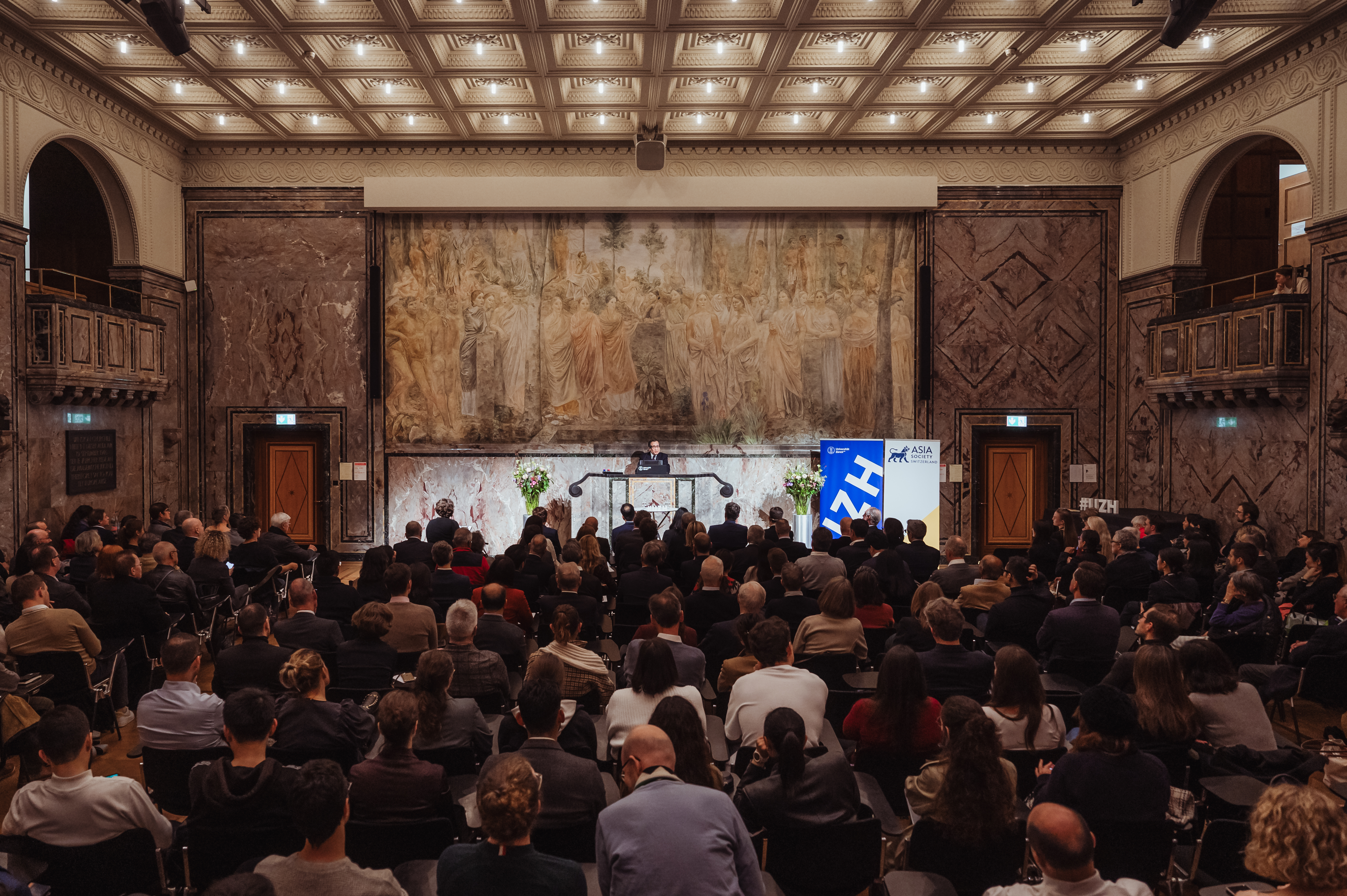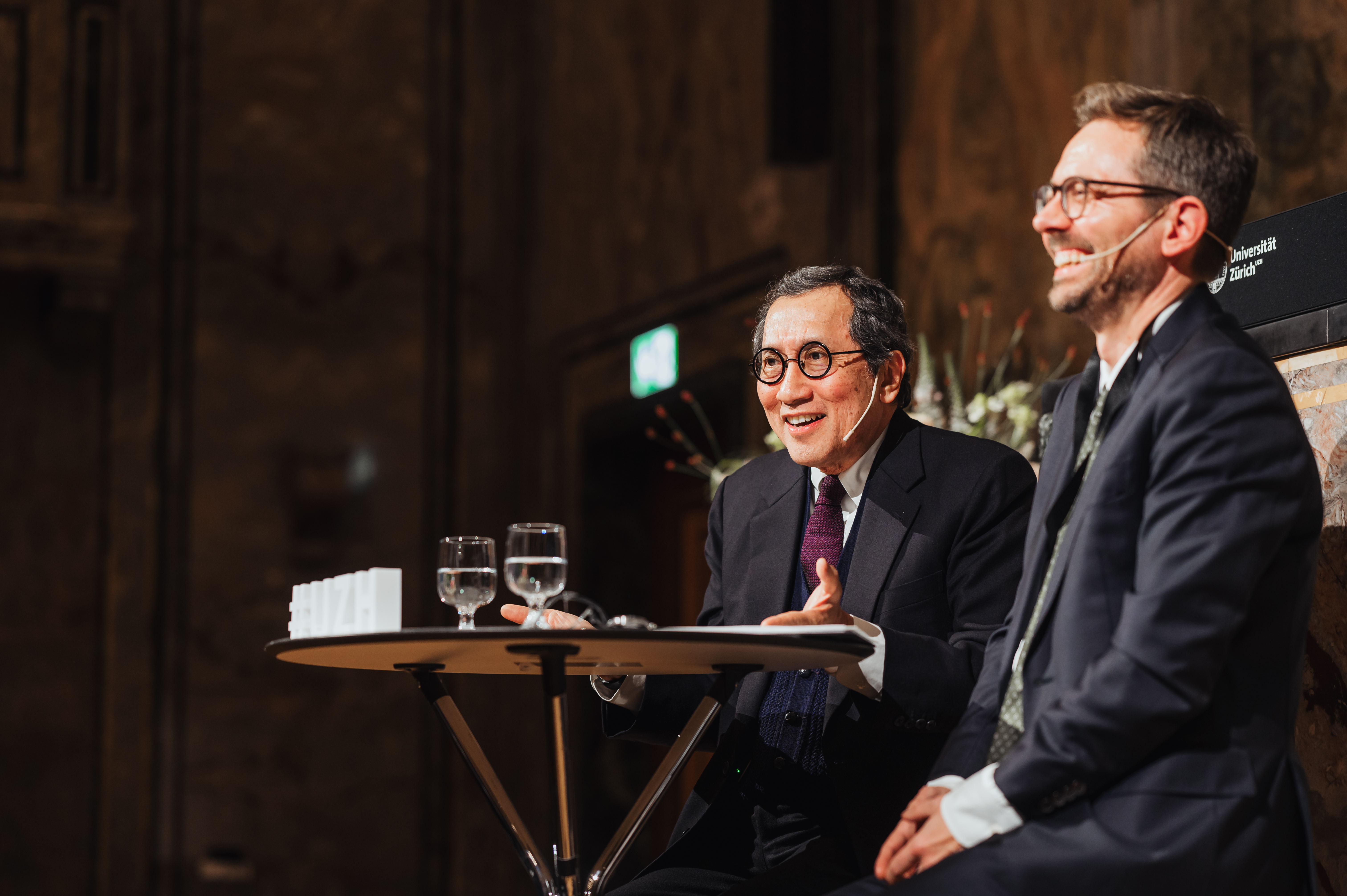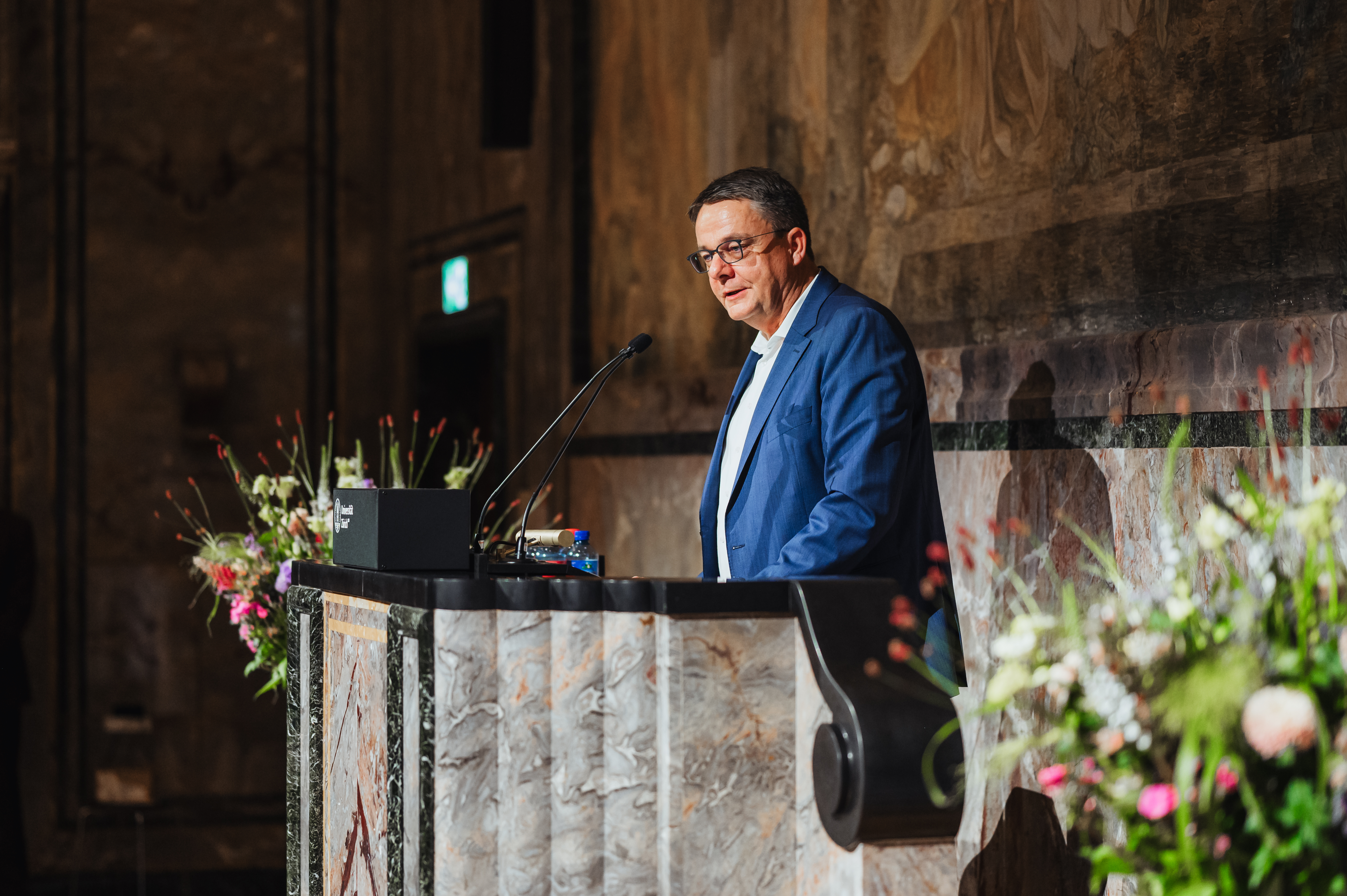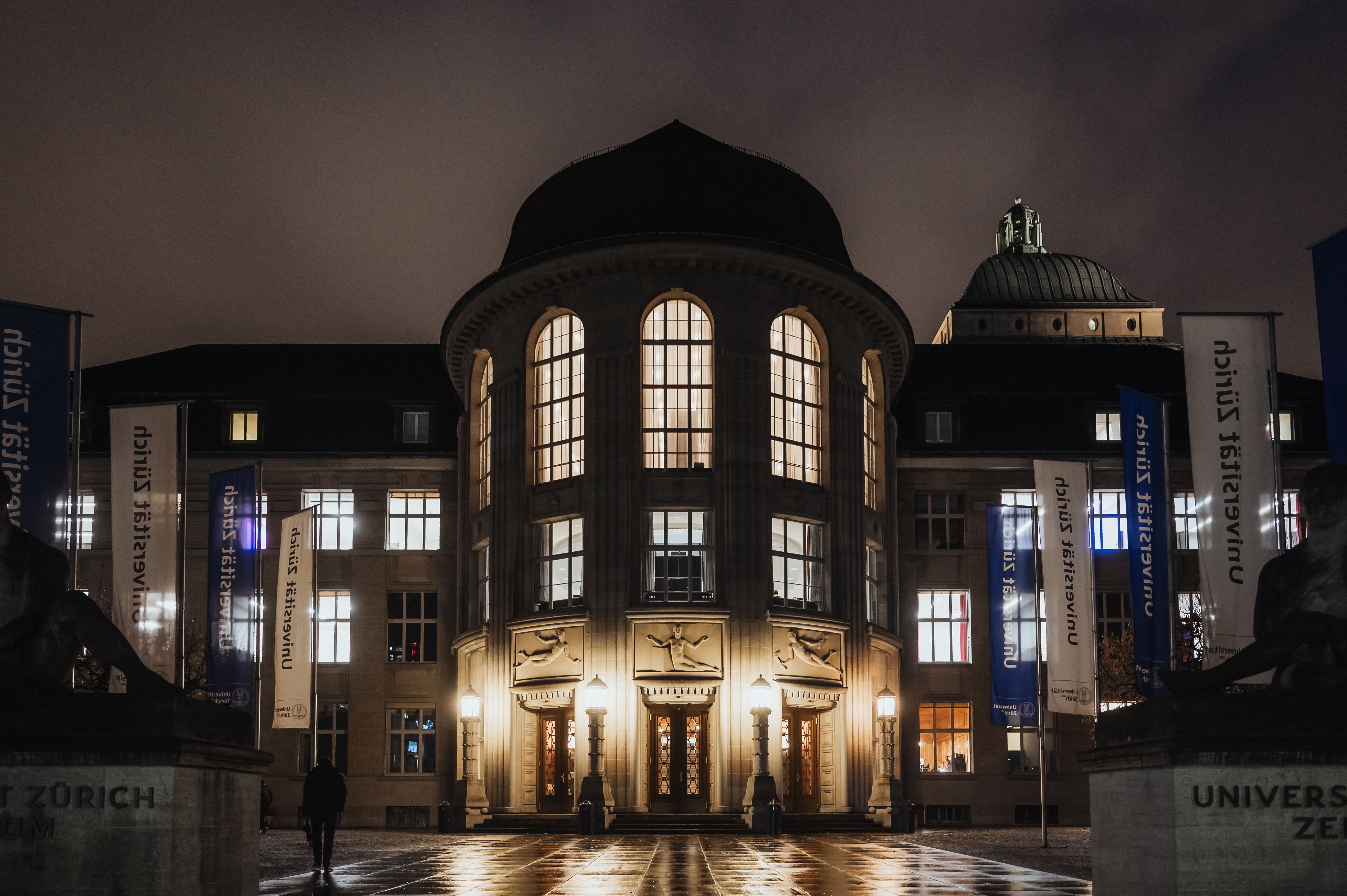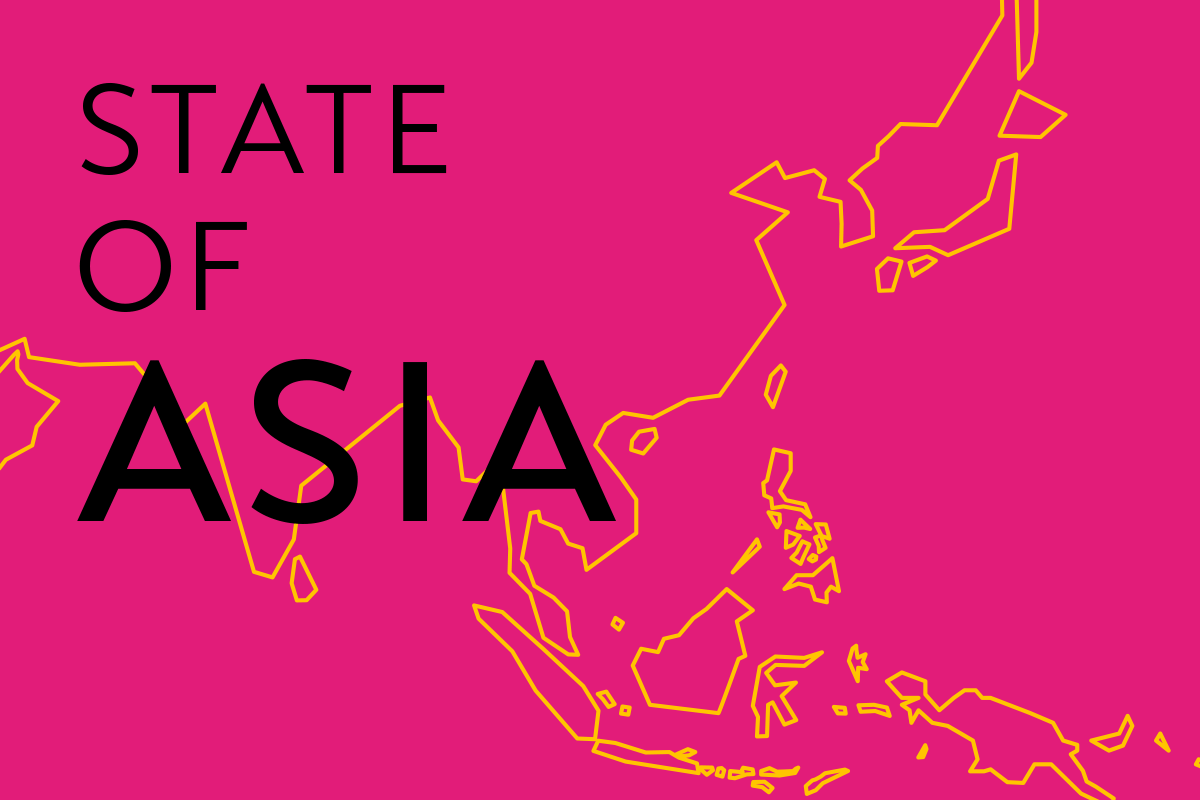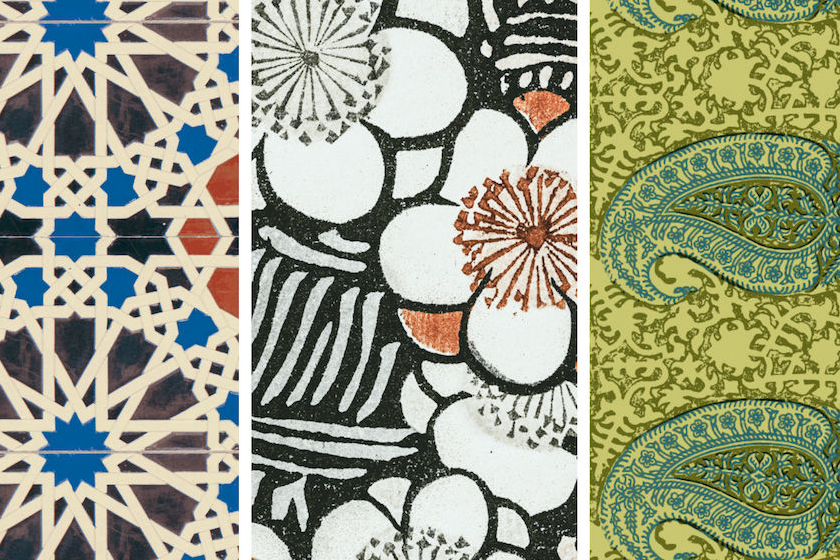The State of Asia 2023: Keynote Address at UZH
What is the current “State of Asia”? Singaporean Diplomat and Academic Bilahari Kausikan delivered his insights in a compelling keynote address that was held at UZH in collaboration with Asia Society Switzerland.
Asia, beyond being the most populous continent, stands as a hub of economic growth and innovation, rich with diverse cultures, languages, and histories. In the last three decades, Asia has evolved into a dynamic and multifaceted region shaping global politics, economics, and cultural trends.
Against this backdrop, Bilahari Kausikan, a retired Singaporean diplomat who – over the span of his long career – held many key roles, including serving as his country’s permanent representative at the United Nations (1995-1998), shared a comprehensive assessment of the “State of Asia” in the Aula Magna at UZH.
Will this be the “Asian Century”?
In his presentation, Bilahari Kausikan examined the proposition that the 21st century will be an “Asian century”, a theory that has gained popularity since the 2008 financial crisis. During his keynote speech, Kausikan dismantled the frequently cited, yet reductive historical parallels to the “Cold War” and the oversimplified transition from the “American Century” to an “Asian Century”. Most fundamentally, he emphasized that Asia – in geographical, cultural, political, and historical terms – is way too diverse to compose a new, monolithic bloc. As such, Asia's inherent diversity naturally leads to a multipolar region, which is likely to play a crucial role in shaping a globally multipolar world.
What does that mean for the future? Kausikan shared a somewhat reassuring view: While the effects of globalization might decline gradually, the global system and in particular the US-Chinese relationship, the US and its allies and China and the countries economically depending on it, have long become intimately enmeshed with each other in a global system. According to Kaukisan, China and the US have forged such an intricate and unparalleled interdependence, enmeshed in a web of supply chains of “scope, density and complexity that is historically unprecedented” which cannot be easily reversed.
This might be good news for the world. Despite clear signs that both the US and China are reassessing their relationship and have been actively trying to recalibrate their mutual interconnectedness – often referred to as “de-coupling” or “de-risking” – Kausikan contends that the two major global powers feel discomfort precisely due to their interdependence as it exposes their mutual vulnerabilities. While both sides might attempt to diminish their reliance on each other through diversification or increasing self-reliance, reversing the current global system build upon decades of globalization is unlikely to succeed or, at best, “will take a long time to have a significant effect”.
Building Asia Competence
The event also highlighted aspects that are beyond world politics in Beijing or Washington, D.C., namely the continued importance of enhancing expertise and understanding across societies of this pivotal world region.
UZH President Michael Schaepman, in his opening remarks, pointed out that UZH and Asia Society Switzerland, co-organizers of the event, are united in their approach to Asia: “UZH’s goal is not to only focus on scientific methods and language learning when it comes to Asia, but also on cultural competencies that promote mutual understanding and lead to a mutually benefiting exchange of knowledge between European and Asian societies.”
Enriching the perspectives at UZH
As Switzerland’s largest and most comprehensive university, UZH employs scientists and staff from more than 30 Asian countries – from Afghanistan to Vietnam – making them an important part of UZH’s vibrant community. In addition, over 1,200 students from Asia are currently enrolled at UZH, making up a significant share of foreign students and thus contributing to the internationalization of the university. By working, researching, or studying along one another, these staff, and students actively enhance their peer’s understanding of this multifaceted and complex region on a daily basis.
Watch the State of Asia Address 2023 here.
Raphael Kunz
